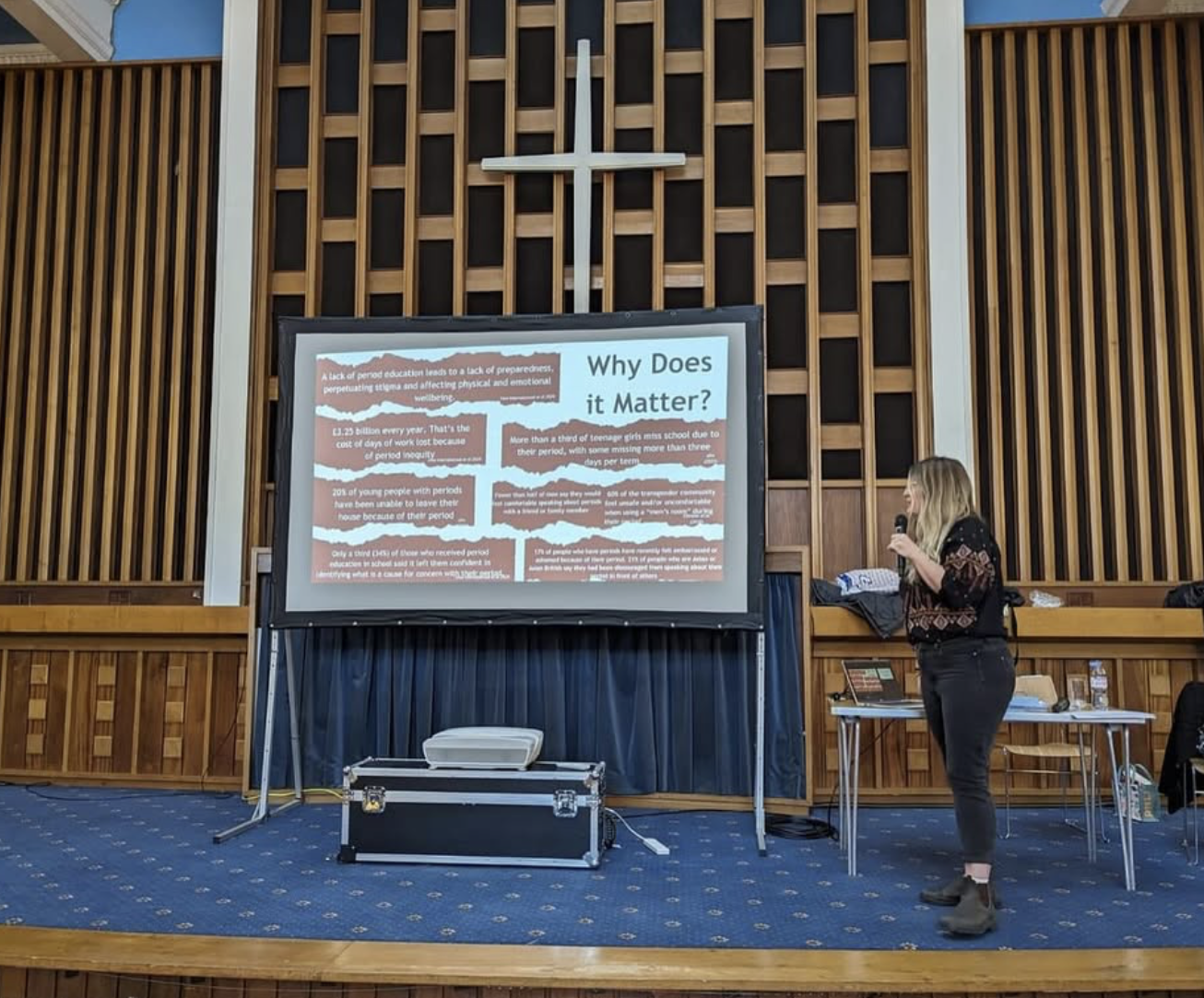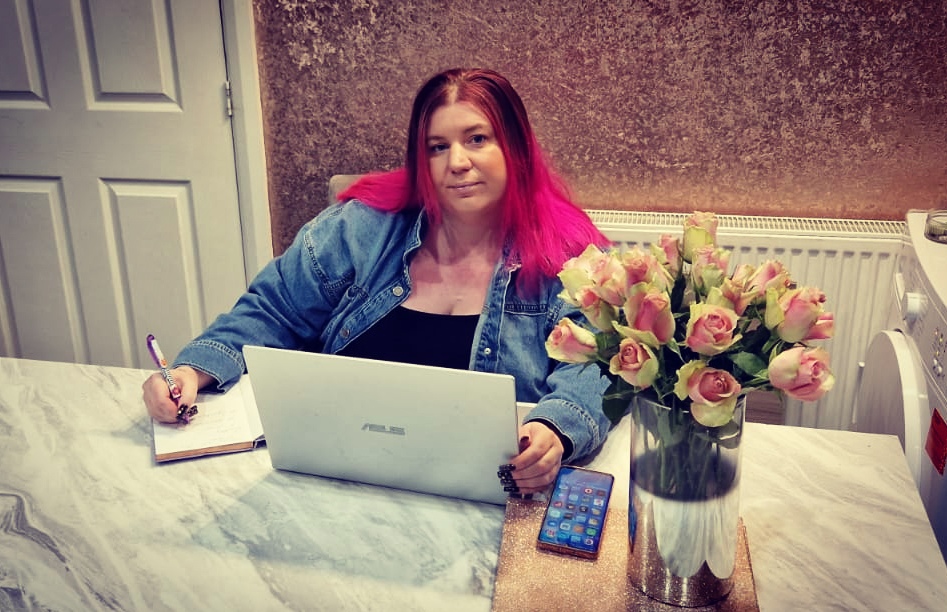The first ever period and menopause charter was launched by Sheffield City Council last week, but one campaigner fears it could be a “missed opportunity”.
The Period Equity and Menopause Awareness Charter aims to reduce the inequalities and stigmas around menstruation and menopause.
The Charter officially launched in an event on 21 November 2024, but some of the partners who helped with its development have expressed concerns about the extent of its impact.
Chrissy Cattle, the CEO of Irise, a Sheffield-based period equality and advocacy charity, explained that while the Charter is a step in the right direction, it does not include a plan to operationalise its commitments.
She said: “A lot of people were quite upset about where the Charter has landed because they don’t feel it honours the collective investment in it, and I know that from the council’s point of view it’s been challenging to keep everybody happy, and what’s resulted we would say is an alright charter but we see no plans for implementation.”
Irise hoped to see a pilot scheme with local businesses so the Charter’s impact could be assessed, refined, and shared with other councils looking to replicate Sheffield’s approach, but it is unclear whether that will be adopted.
Chella Quint, the founder of Period Positive praised how the charter builds on work that has already started, saying: “This is exactly where we should be as a city seven years after starting our pilot with the council, and five years after Sheffield was declared a Period Positive City in an Early Day Motion in Parliament in 2019.”
She emphasised that successful implementation would involve “transparency and evaluation”, and would like to see wider support for schools to provide comprehensive menstruation education, and further integration of the conversations and advocacy around periods and menopause.
“We are hopeful that the Charter will be evaluated and used as a starting point rather than a tick box exercise,” said Ms Quint.
The council passed a motion in November 2022 where they resolved to take action on menopause awareness and period equity after the issue was raised by the Lord Mayor of Sheffield, Councillor Jayne Dunn.
This led to a series of city and community events including representatives from local businesses, the community and faith sector, campaign groups and individuals to agree on the charter’s contents.
Cll Dunn said: “For some women the menopause is extremely debilitating. Often women don’t know where to get help from.
“The impact of the Charter means women will have access to clear, accurate, information. It is a trail blazing initiative. It will enable women to make informed choices and mean greater opportunities for equality, ensuring periods and the menopause will not hold people back.”

Councillor Fran Belbin, the Deputy Chair of the Strategy and Resources Committee, confirms these sentiments.
She said: “Both period poverty and the impacts of the menopause can be really significant to those affected. Not only can they hinder mental and physical health, but not having period products can prevent some girls from being able to attend school; the symptoms of the menopause can have really significant impacts on somebody’s day to day life, including at work”.
The charter commits the council to encouraging discussion and literacy about period equity and menopause among all employees, working towards the provision of free period products across the city, and supporting organisations in making similar commitments.
According to a study by Plan International UK that took place during the pandemic, 11% of girls aged 14 – 21 could not afford period products and were improvising with makeshift products, and 22% who could afford products were also struggling to access them.
Irise and Period Positive both work towards reducing the stigma associated with periods and educating all people on menstruation.
Ms Cattle said the work Irise does is “really demonstrating that its normal, everybody should have access to products and information. There it is just next to your toothpaste and toilet roll”. She added: “For the first time ever in this country it [the Charter} guides at a city level a series of actions that everybody can undertake to further the agenda.”
The charter has come after several actions by the national government in recent years to increase period equity.
In 2020 a scheme was introduced to make period products available for free in all state funded schools, and in 2021 the luxury tax was removed from menstrual products.
Despite these efforts, periods remain the main reason that girls miss school in the UK with 49% of girls saying that they have missed a full day of school because of their period, according to Plan International.
Ms Cattle said that while the charter will create greater visibility for the movement, its success will be determined by material impact.
She said: “I think it’s really powerful that a city council is willing to go out in front on an issue like this, and it would be a waste if it failed because it’s another failure for the space and for people.”




